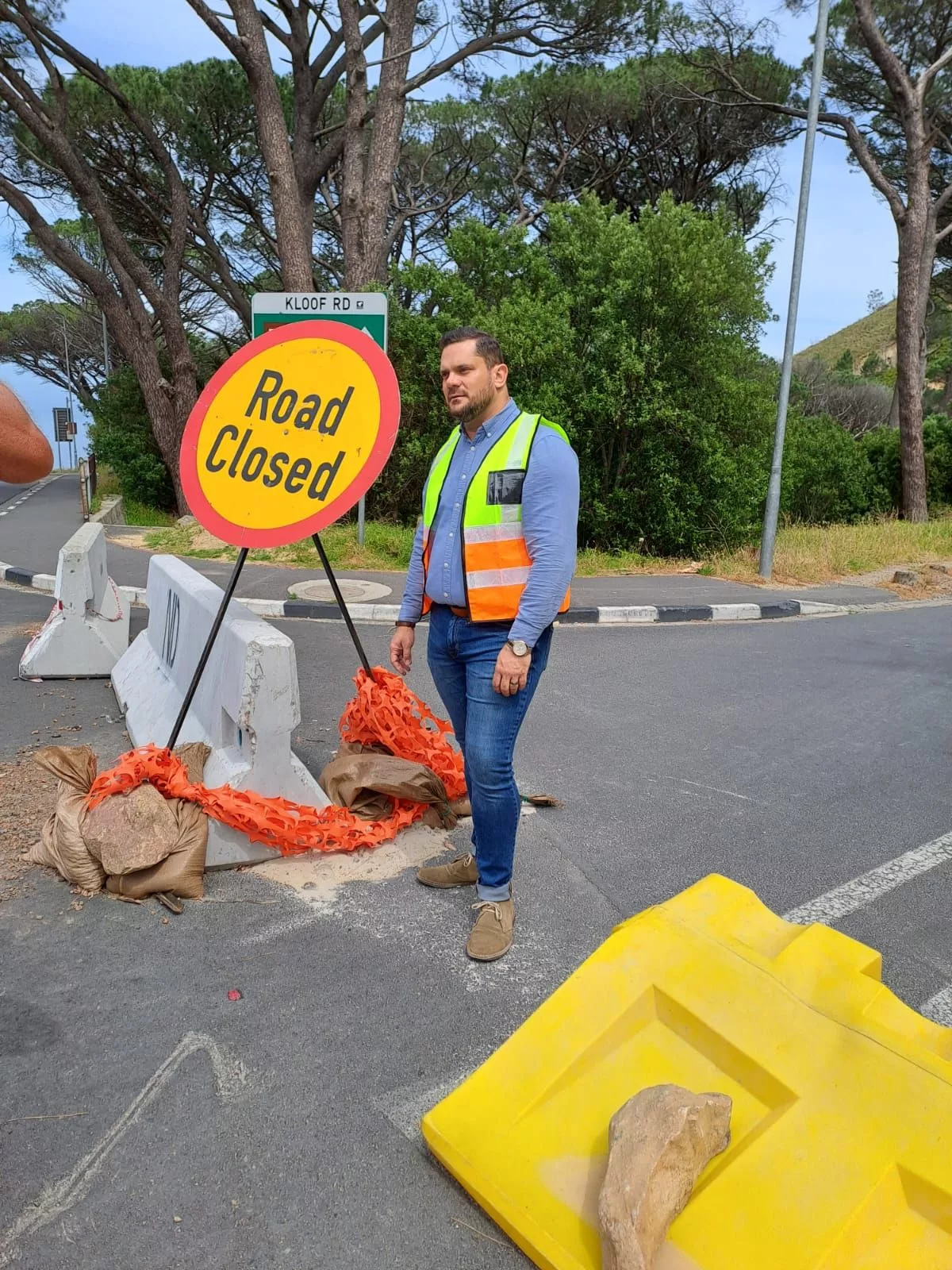The Expanded Public Works Programme (EPWP) is transforming Nelson Mandela Bay by addressing issues such as illegal dumping and rejuvenating parks and coastal areas. The EPWP has created 8,000 job opportunities in the Eastern Cape, promoting tourism and encouraging job growth while supporting families. The programme’s Cleaning and Greening initiative emphasizes sustainability by rehabilitating waste dumps, planting trees, and educating communities on their significance. The EPWP serves as a lifeline for many workers, offering them a means to support their families while enhancing the visual appeal of towns and cities in the Eastern Cape.
How is the Expanded Public Works Programme transforming Nelson Mandela Bay?
Under the guidance of Minister Barbara Creecy, the Expanded Public Works Programme (EPWP) is playing an instrumental role in revamping Nelson Mandela Bay, from dealing with unlawful rubbish dumps to rejuvenating parks and clearing coastal areas. The programme has generated 8,000 job opportunities across the Eastern Cape, promoting tourism and encouraging job growth while offering a means to support families. Additionally, EPWP’s Cleaning and Greening initiative emphasizes sustainability by rehabilitating waste dumps, planting trees, and educating communities on their significance.
The Transformation in the Bay
In the teeming metropolis of Nelson Mandela Bay, South Africa, an impressive metamorphosis is taking place. Under the guidance of Minister Barbara Creecy, the Expanded Public Works Programme (EPWP) is playing an instrumental role in revamping the city and uplifting its inhabitants. The programme’s impact is clearly visible, with 41 of the city’s unlawful rubbish dumps recently dealt with, reflecting a city rising from the ruins of its past.
Illegal disposal, a major issue that poses serious health hazards to communities and contradicts the principles of sound governance, is being directly addressed in this city of the Eastern Cape. The environmental consequences of this issue are severe, with wildlife, wetlands, rivers and coastal regions all suffering due to this unchecked pollution. Nelson Mandela Bay has highlighted 512 locations that need cleaning, and the dedicated workforce of the EPWP is rising to the occasion.
A Greener Future
The EPWP is engaged in a range of tasks, from tidying streets and handling unlawful dumps to rejuvenating parks and clearing coastal areas. But this is just the tip of the iceberg. The Cleaning and Greening initiative, a subsidiary of the program, emphasizes sustainability by rehabilitating waste dumps and planting trees. Indigenous trees, mindful of the country’s water scarcity, and fruit trees, contributing to food security, are being planted. The EPWP workforce does more than just plant these trees; they also have the responsibility of educating their communities on their significance and ensuring their growth.
The advantages of the EPWP and its Cleaning and Greening initiative, however, extend beyond the ecological realm. The financial and social benefits are substantial. The programme has been successful in generating an astounding 8,000 job opportunities across the Eastern Cape. The municipalities privileged to implement this programme include Buffalo City Metro, Alfred Nzo, O.R. Tambo, Amathole, Chris Hani, Sarah Baartman, and Joe Gqabi District Municipalities.
More than a Cleaning Initiative
The EPWP is more than just about cleaning towns and cities. It serves as an essential lifeline for many of its workers, offering them a means to support their families. Simultaneously, it enhances the visual appeal of towns and cities in the Eastern Cape, promoting tourism and encouraging job growth.
Such initiatives are not standalone. They form part of a larger government strategy aimed at bettering the lives of South Africans. There are numerous other services available to residents, including education and training, health and social benefits, amongst others. Businesses can also take advantage of incentives, tax considerations, and intellectual property rights.
These government initiatives, much like the trees planted by the EPWP workforce, are firmly rooted in the mission to uplift communities. Their efforts yield benefits not just for individuals but the wider community. Since the inception of programs like EPWP, businesses have been established, taxes paid, and intellectual property rights have been respected and protected.
The Power of Community-Driven Change
No doubt, these initiatives, along with the work carried out by the EPWP, are crucial in ensuring that the government’s pledges are fulfilled and the lives of South Africans are elevated. They are a testament to the dedication and perseverance of countless individuals, including Minister Barbara Creecy, the EPWP workforce, and many others who toil endlessly to make South Africa a better place to live.
The work being done in Nelson Mandela Bay is a shining example of how a targeted government program can make a real difference in people’s lives. It is an inspiring demonstration of how a coordinated effort towards environmental, social, and economic upliftment can result in incredible transformations. Minister Barbara Creecy, in recognizing the hard work of the EPWP workforce, has illuminated the power of community-driven change, and how a cleaner, greener city can act as a catalyst for broader societal improvement.
In the broad canvas of South Africa’s journey towards superior governance and improved living conditions, the work of the EPWP stands as a vibrant brushstroke. It is a testament that when a government is devoted to the welfare of its people and the environment, no challenge is insurmountable.
1. What is the Expanded Public Works Programme (EPWP)?
The Expanded Public Works Programme (EPWP) is a South African government initiative aimed at addressing issues such as unemployment and poverty through job creation and skills development.
2. How is the EPWP transforming Nelson Mandela Bay?
Under the guidance of Minister Barbara Creecy, the EPWP is addressing issues such as illegal dumping and rejuvenating parks and coastal areas in Nelson Mandela Bay. The programme has created 8,000 job opportunities in the Eastern Cape, promoting tourism and encouraging job growth while supporting families.
3. What is the Cleaning and Greening initiative?
The Cleaning and Greening initiative is a subsidiary of the EPWP that emphasizes sustainability by rehabilitating waste dumps, planting trees (including indigenous and fruit trees), and educating communities on their significance.
4. What are the advantages of the EPWP?
The EPWP has been successful in generating job opportunities across the Eastern Cape while enhancing the visual appeal of towns and cities, promoting tourism and encouraging job growth. It also addresses issues such as illegal dumping and rejuvenating parks and coastal areas.
5. How does the EPWP serve as a lifeline for workers?
The EPWP offers a means for workers to support their families while enhancing the visual appeal of towns and cities in the Eastern Cape. It has created 8,000 job opportunities in the Eastern Cape, promoting tourism and encouraging job growth while supporting families.
6. What is the power of community-driven change?
The work being done in Nelson Mandela Bay is a shining example of how a targeted government program can make a real difference in people’s lives. It is an inspiring demonstration of how a coordinated effort towards environmental, social, and economic upliftment can result in incredible transformations.








